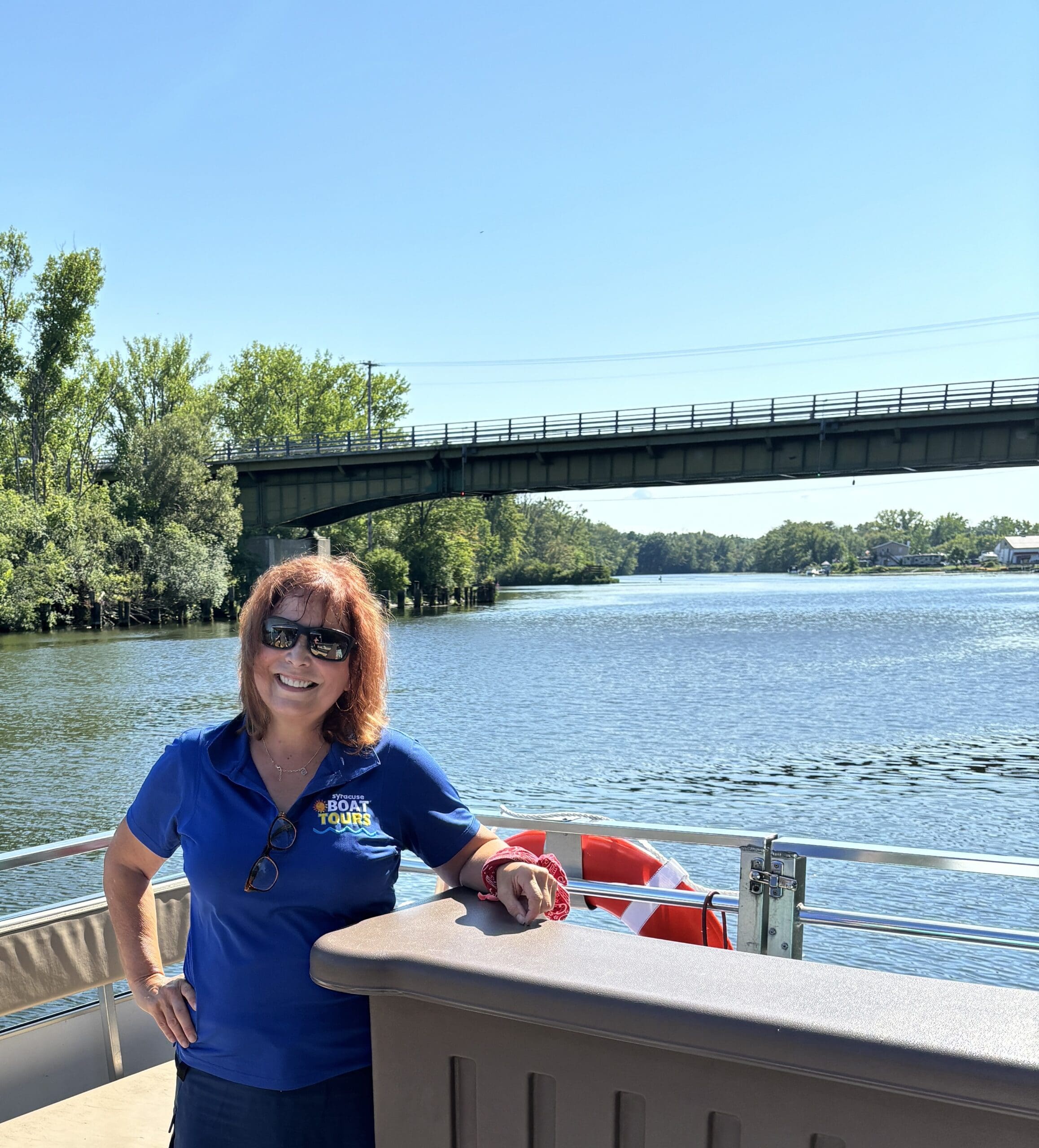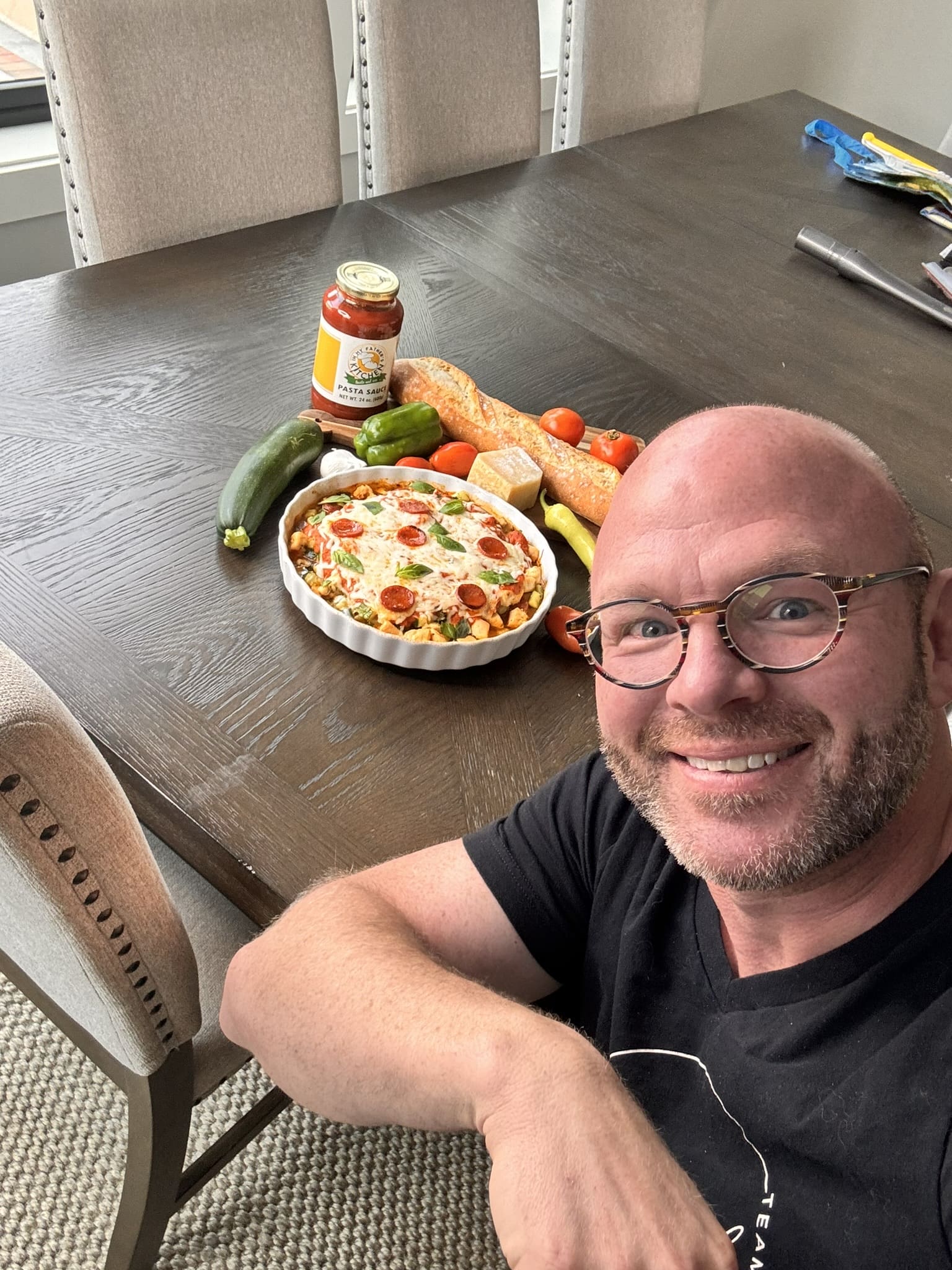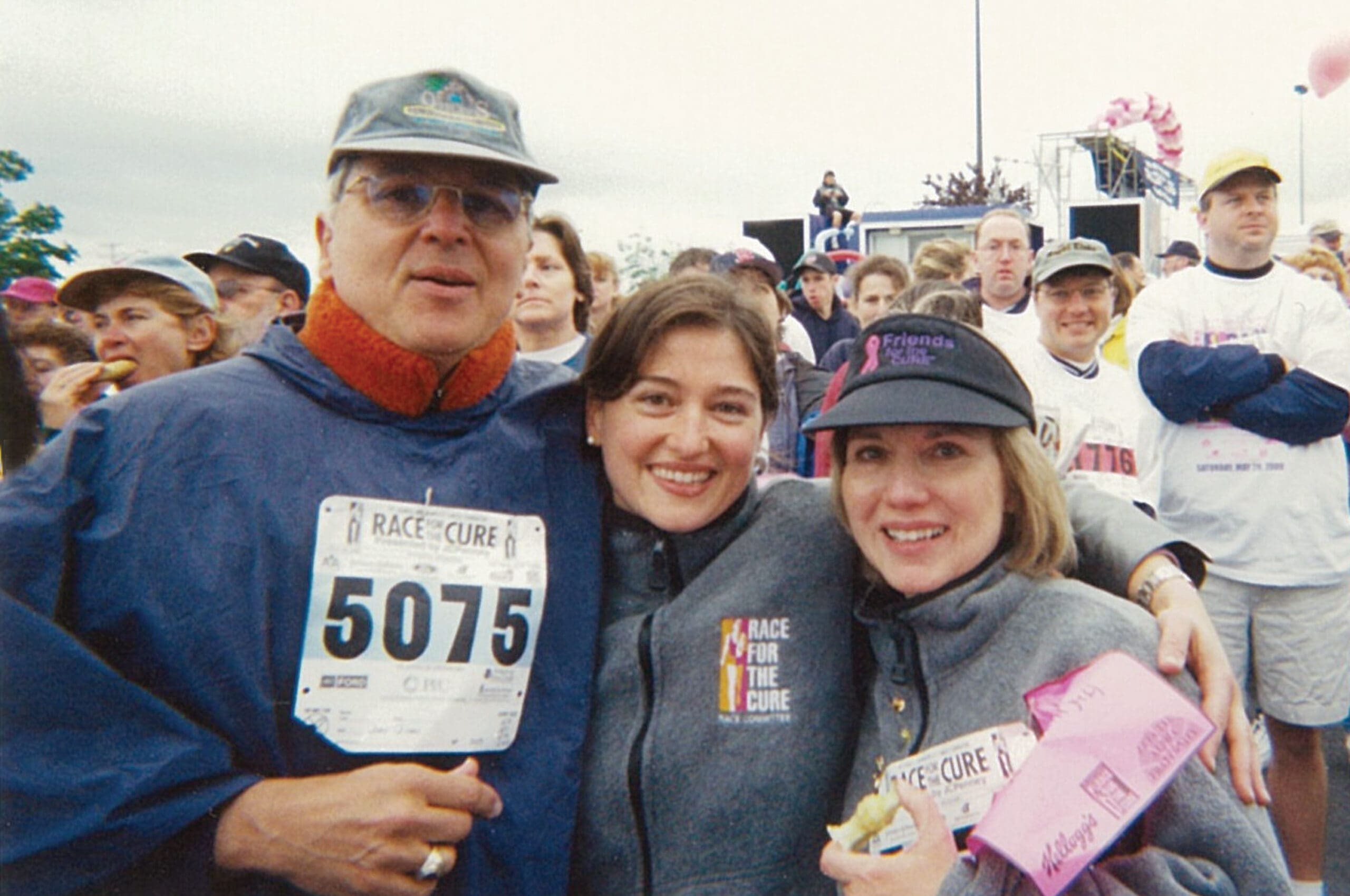Your new book is entitled “Lifecircle Leadership.” How did you decide on the name?
We recently underwent a complete rebranding, and the description for our new logo is a “Lifecircle.” The success of Loretto and its 2,500 employees — which led to the new brand — are the foundation of the leadership strategies that I share in this book. So much thought and research went into this new logo and new brand, that it seemed to fit perfectly with the leadership style that I had developed at Loretto, too.
What does “lifecircle leadership” mean to you?
Lifecircle Leadership means being pragmatic with your altruism, to help transform people and change their lives for the better. It focuses on creating a better environment for all. Anyone can succeed by partnering with others to provide higher quality, lower costs and great experiences. Recommitment to simply do the right thing and take care of one another is the first step in the process of Lifecircle Leadership.
What inspired you to write this book?
The initial concept for this book found its genesis in a thesis I wrote in 2015 as part of the requirements for my Doctor of Education degree. The thesis was entitled “Leading for Good in the Impulse Society” and examined the complex role of an executive today. This was also around the time when I accepted an appointment as president and CEO at Loretto. As I worked on my thesis, I developed personal relationships, not only with the other management professionals in the executive suite, but also with many employees at all position-designations within the company. Rather than being limited to these upper echelons, I found that the impact of the factors I was exploring had spread throughout the entire workforce. So, I expended my original work to ensure that my final product was more inclusive in addressing a readership that I now recognized included all my employees, not just my fellow executives.
Talk about the process of writing a book.
Initially, I thought that most of the book would come from my doctoral dissertation on executive leadership, which I defended in May of 2017. As the book evolved, however, I mainly relied on my experiences and our leadership philosophy at Loretto. It made the book a very real and relevant work for me. Writing a book — especially for the first time — not only gives you experience with the book publishing process and industry, but it also gives you tremendous insights into yourself and your work.
In the book, you write about Loretto’s growth and success that were sparked by your approach to “pragmatic altruism.” Can you talk about what this phrase means to you?
Pragmatic altruism is often sparked by a charitable position, but it’s different because it’s more strategic. Altruism is simply the practice of selfless concern for or devotion to the welfare of others. Doing that pragmatically as a business means doing so in a way that results in a balanced win-win that is achievable and enriches the business as well as the employee.
What is the main impact you hope to make on readers?
The competitive nature of profit and success that lead people to mistake jadedness for “acumen” are not only fertile soil for social deterioration, but also create significant liabilities for the bottom line in the long run — whether that’s on a corporate or personal level. So, I want people to read this book and begin their own independent processes of reconsidering the various elements of their own careers and personal lives. Maybe, just maybe, they too will arrive at the same conclusions that I have: doing good is good business as long as you embody pragmatic altruism— to stay grounded through selflessness and practical solutions.
The book shares stories that eventually led to the creation of different initiatives at Loretto. Can you give us an example of one such story?
We have many employees who do not have their own cars. Because they depend on buses, sometimes they arrive after the start of their shifts, or are unable to stay late and work overtime. And some of these employees don’t even have bank accounts. So, even if they could save the money, they have no place to gain interest, build good credit and secure a loan for a car. This means that despite their talents, they won’t have the most necessary requirement for potential job advancements.
But these employees aren’t the only ones to bear the burden here. The unavoidable tardiness disrupts the staffing schedule for the entire day. The inability to advance these employees means the company needs to engage in the costly and burdensome hiring process. And the company encounters several costly inconveniences, including not being able to transition to a paperless pay system.
A perfect opportunity to do something altruistic in a pragmatic way. So, we reached out to the president of a local credit union and debuted a program that enables employees to become qualified for an auto loan through an intensive financial education and ongoing budget management process, and purchase a vehicle that has the potential to transform their lives.
How can people learn more about the “Lifecircle Leadership”?
The book is now available on Amazon.com and BarnesandNoble.com. I’ve also launched a website, DrKimberlyTownsend.com. There are plenty of themes in this book that I believe will make each person a better leader, but I wanted to go beyond the book and help readers make the connection to their own everyday lives. That’s why I added the blog.
Is there anything else about your experience you’d like to share?
I am grateful to my Loretto family, which inspires me every day and makes me a better person and a better leader. “Lifecircle Leadership” reflects the why and how of what we do at Loretto, which is exceptional people committed to making every day extraordinary.






[…] https://www.syracusewomanmag.com/2018/12/03/qa-with-dr-kimberly-townsend-president-and-ceo-loretto/ […]